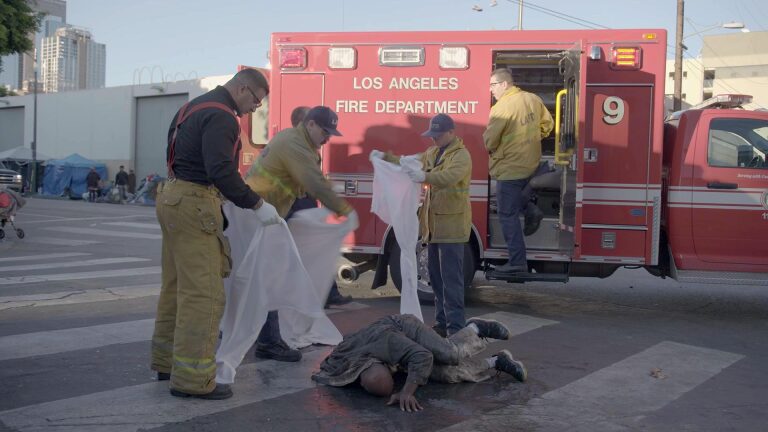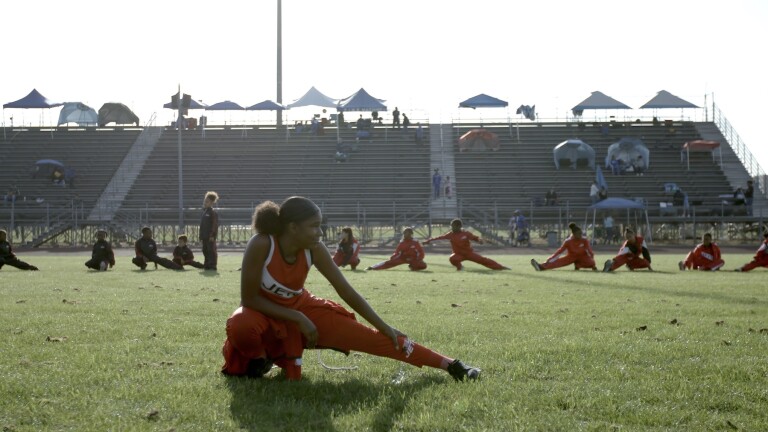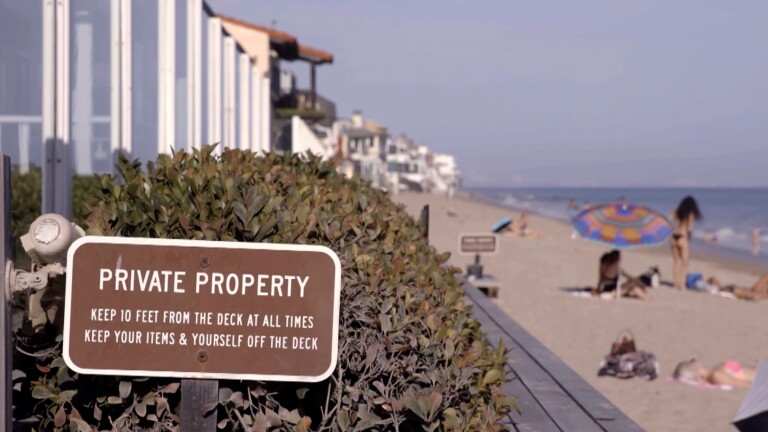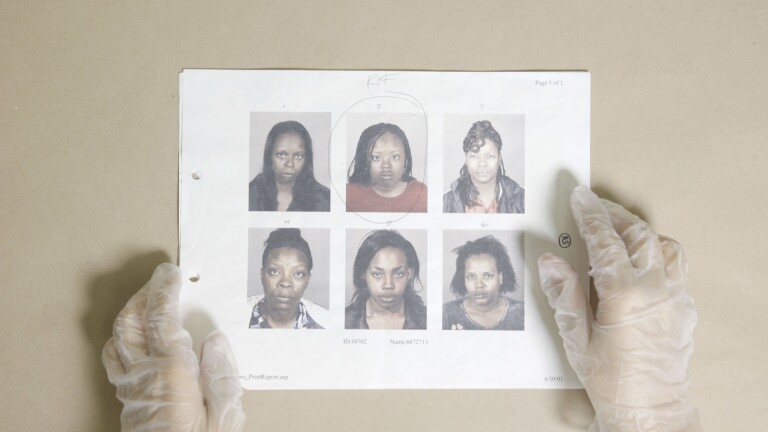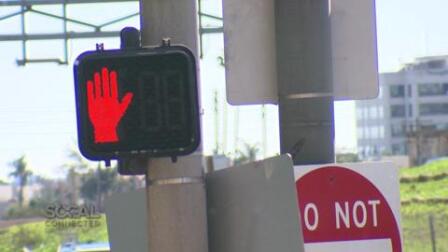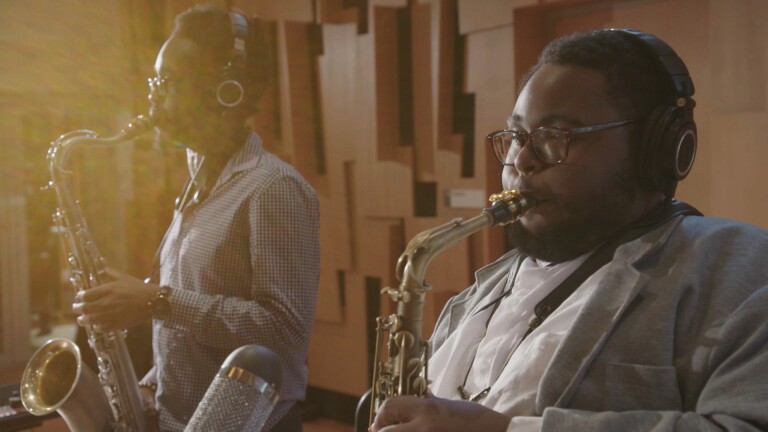
'Birth Tourism,' Fair Path to Citizenship or Legal Loophole?
They are tourists. They are pregnant. And they are here for a reason. In Los Angeles, a whole industry has sprung up catering to prospective mothers, mostly from China, who travel thousands of miles and spend thousands of dollars to give birth in the United States. It's known as "birth tourism" -- women coming to the U.S. to have their babies, who are then automatically granted American citizenship. There's nothing illegal about it, but is it fair?
Transcript:
Laura Ling/Reporter: This video tour of a neat, well-ordered home is being marketed to a specific sort of client, someone who needs a place to live short-term because the renter will be nearly "full-term" -- a "birth tourist."
In the case of this video being given in Mandarin, a Chinese "birth tourist" is the target audience, someone who'll come here on a tourist visa for the express purpose of giving birth on American soil. In Southern California, birth tourism "hotels" have become an underground cottage industry, mostly in the San Gabriel Valley in predominantly Asian communities. Although women also come from other countries, China still has a one-child-only policy, which motivates parents to "Plan B," a visit to the U.S. in the final months of pregnancy.
The birth tourism hotels make it easy and appealing, offering all-inclusive packages, starting at $3,000 to $4,000 a month. This site promotes many of the usual places people like to see in Southern California, but the newborn will return to China with something extra -- a U.S. Passport.
John Kang/Immigration Lawyer: Over the past few years, it has exploded. Sometimes I get 10 to 15 calls a week, and they call me to inquire about how to get babies here in the U.S., how to get passports, how to get them to travel back to China, and things like that.
Ling: Lawyer John Kang specializes in immigration issues. He has nothing to do with the birth tourism hotels, but he offered to navigate and translate some of the Chinese websites for me.
Kang [to Ling, looking at a website together]: If you look at this article on top of it, there is a picture. A picture shows some baby cribs in the room. How many do we have here? Six or seven baby cribs in one room, and there is one lady standing behind there. It looks like she's the designated person to take care of these babies. That's the house. This picture.
Ling [to Kang]: Three-car garage, two or three levels. It's a big house.
Kang: It is a big house. This website is Chinese in L.A. If I click the last page, we'll see we have a total of 16 pages.
Ling: Wow! That's amazing!
Kang: There should be at least 100 or more of these maternity hotels in Los Angeles County alone.
Ling: But exact numbers are elusive, even impossible to determine. Places aren't licensed. There are never any outdoor signs, and although interiors are set up for multiple tenants, exteriors of the "hotels" are just typical homes in typical neighborhoods. This house, for example, is set up for birth tourism, but the only indication is the preponderance of pregnant women coming and going.
Ling [to Kang]: What kind of people are coming over here to have babies?
Kang: Usually it's people who have accumulated quite an amount of wealth, those who are in business, those who are in politics. It says babies born in the U.S. automatically become a U.S. Citizen, according to the 14th Amendment to the U.S. Constitution.
Ling [to Kang]: So are they trying to assure parents that what they're doing is legal according to the Constitution?
Kang: I think so.
Ling: The 14th Amendment says that "all persons born or naturalized in the United States, and subject to the jurisdiction thereof, are citizens of the United States and of the state wherein they reside." The amendment was passed in 1868 after the Civil War to guarantee citizenship to emancipated slaves and their children. Subsequent Supreme Court cases upheld automatic citizenship to children born in the U.S. to immigrant parents, and that's how it stands to this day.
Ling [to Kang]: Is it illegal for foreigners to come over here to have babies?
Kang: There is no law that says it is illegal for foreigners to come over here and then give birth to a child. When they come over here as tourists, they can travel or they can visit friends or visit relatives, and in the meantime, they can have babies. I mean, it's hard to draw the line whether or not you are a tourist or you came here specifically to give birth to a child.
Ling [to Kang]: Because a lot of people who are giving birth are also doing a lot of tourism?
Kang: That's right. That's right.
Ling [to Kang]: Is it a loophole though? Are people taking advantage of what seems to be a loophole?
Kang: It is not necessarily a loophole. It's people making the best use of the law that's in existence today.
Ling: Huge numbers of mainland Chinese do come here for pure tourism. In the past 10 years, tourist visas from China have increased 438 percent to well over a million people a year. And that's expected to rise to 2 million by 2015. U.S. Customs and Border Protection has no specific regulation prohibiting what they call "pregnant foreign nationals" from entering the country, although their policy states that "officers take into consideration the date your child is due for delivery and the length of time you intend to stay in the U.S. If it's determined that you don't have sufficient medical insurance, you can be denied entry." The policy is enforced at the discretion of the admitting officer, but since pregnant visitors have legitimate visas and insist they're here for tourism, officers typically admit them.
Because there are so many maternity hotels nearby, this hospital is a popular place for birth tourists to have their babies. And don't forget, these families don't carry American insurance, so everything is paid for in cash: prenatal care, the actual delivery, and then there's the age-old Chinese tradition of having nursing and nutritional care for the mom and baby every day for the first 30 days after birth. It all adds up to a pretty substantial infusion of pure cash -- "cash" that's surely in the multi-millions. As China's elite, most of the women have the money -- and, while waiting for the baby, the time -- to do lots of upscale shopping. But some say the short-term economic boost isn't worth the long term effect.
Lou Alfonso/Board member, Chinese American Association of Chino Hills: If they have a U.S. Passport, they can have free elementary, high school education, and then apply for college for a reduced tuition in the Cal State college in California or anywhere in the state. That's not right.
Ling: Lou Alfonso is a board member of the Chinese American Association of Chino Hills. Recently, the organization joined with others in the community to protest a large residence being used as a birth tourism hotel.
Protesters [in picket line]: Not here! Not anywhere!
Ling: The place was eventually closed and the owner fined for violating zoning codes and building and safety ordinances.
Ling: What is unfair about birth tourism?
Alfonso: It's just the whole process, the business and the magnitude of the birth tourism business operators exploiting the 14th Amendment of the Constitution of the United States. What's happening with these maternity hotels is an entirely sinister kind of way of achieving U.S. citizenship.
Ling: So you believe it's the agents who are soliciting women to come over here. They are the ones who are taking advantage of the 14th Amendment.
Alfonso: More so than the women. More so than the women, because they're profiting from it.
Ling: You talked about there being a right way and a wrong way to becoming a citizen.
Alfonso: First get your immigrant visa, a resident immigrant visa or green card. Stay in the U.S. for five years. Work, pay your taxes, learn the culture, learn the language, learn the values, learn the way of life. And if after five you want to become a U.S. citizen, feel free to do so, like myself. Who would not want their child to be born in the U.S.?

